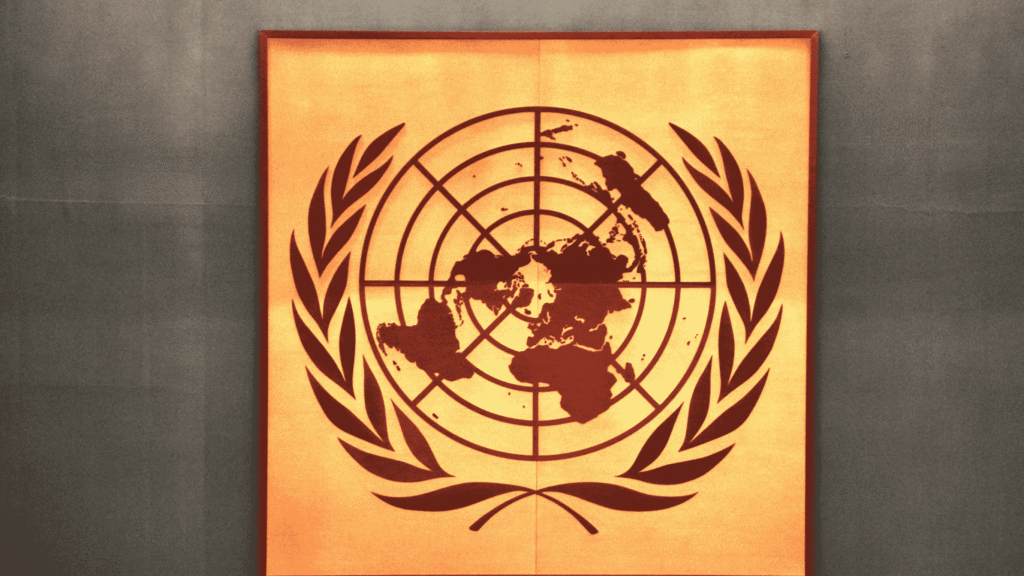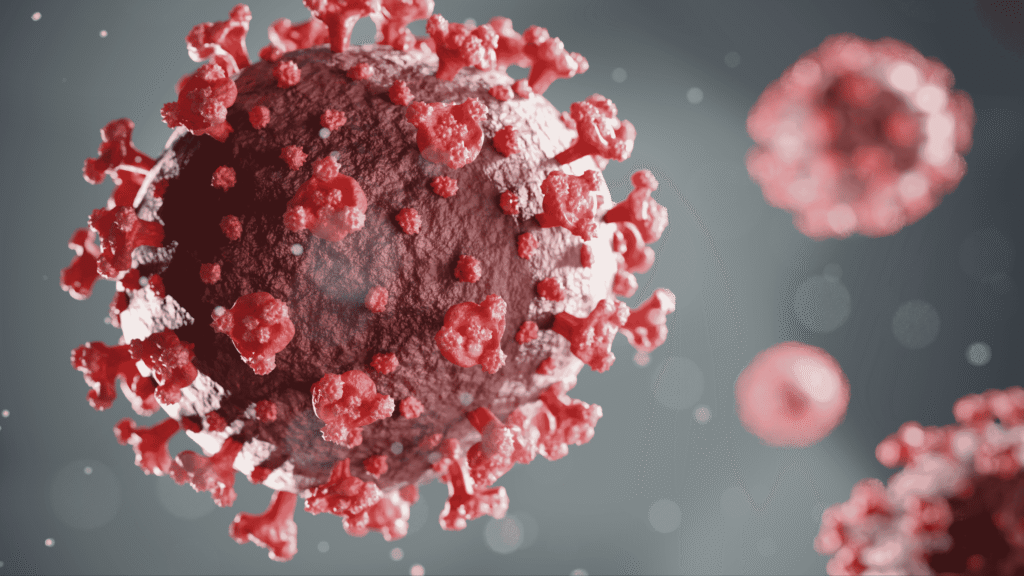Global health agency urges stronger fiscal policies to curb non-communicable diseases and reduce preventable deaths
The World Health Organization (WHO) is calling on governments worldwide to increase taxes on sugary beverages, alcohol, and tobacco products by at least 50%, in a major push to reduce non-communicable diseases (NCDs) and ease the burden on global healthcare systems.
Image Credit: Denis Balibouse

Fiscal Policy as a Health Strategy
According to the WHO’s new report, titled “Health Taxes: A Win–Win for Health and Revenue”, these excise taxes serve dual purposes:
- Improving public health outcomes by reducing consumption of harmful products.
- Generating government revenue that can be reinvested in healthcare systems and social services.
The organization emphasizes that taxation is one of the most cost-effective and underutilized tools for preventing illnesses like:
- Type 2 diabetes
- Cardiovascular disease
- Cancer
- Chronic respiratory conditions
Key Global Stats
- Only 1 in 5 people globally are protected by adequate health taxes.
- Tobacco taxation is more widely adopted than sugar and alcohol, but implementation gaps remain.
- Countries that have implemented strong taxes (like Mexico and the Philippines) have seen notable declines in consumption and improved health indicators.
WHO’s Urging to Policymakers
Dr. Ruediger Krech, Director of WHO’s Health Promotion Division, stated:
“Health taxes are not about restricting freedom—they are about saving lives and creating healthier societies.”
He added that raising prices by at least 50% on harmful products could prevent millions of premature deaths while promoting sustainable public financing for nations.
Source: Reuters – WHO pushes 50% price rise through taxes on sugar, alcohol, tobacco





